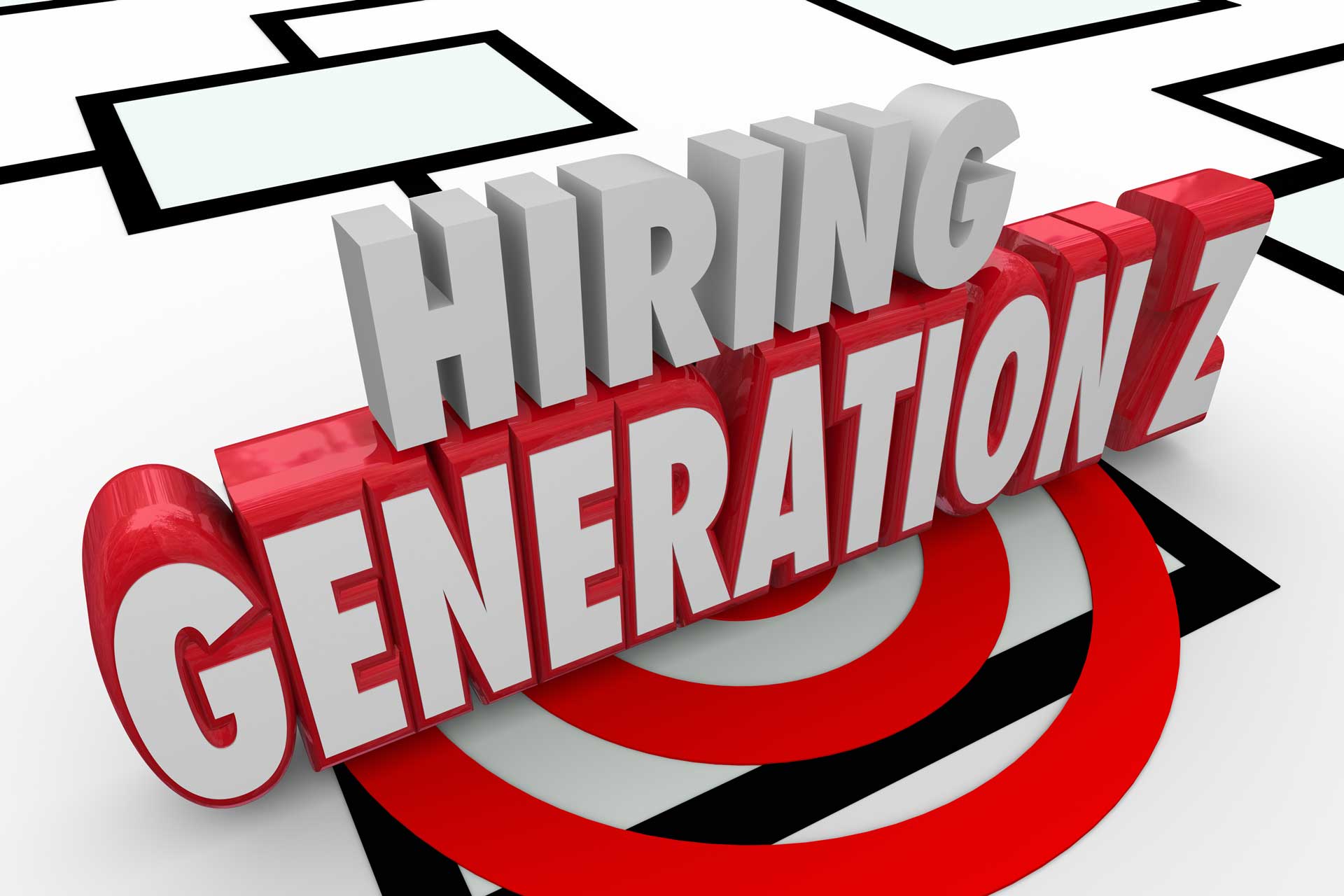The COVID-19 pandemic highlighted the critical importance of a resilient U.S. healthcare manufacturing sector.
While healthcare leaders have made remarkable scientific strides to combat the pandemic by developing and distributing lifesaving vaccinations, critical issues remain. In fact, some issues existed long before the pandemic, but we have recently been confronted with the gravity of the challenges we face. the United States remains critically dependent on imports for a range of key pharmaceutical products and APIs—the primary ingredients of generic drugs—which represent 90 percent of all prescription medications filled. About 87 percent of API facilities for generic drugs are located overseas which has left U.S. supply chains of essential medicines vulnerable. The lesson? Instead of waiting for the next crisis to strike, leaders should act now to identify strategies and solutions for their organizations.
China and India are estimated to control substantial parts of the supply chain where there have been issues with shortages because of disruptions that have impacted supply as well as quality, and safety.
The drive toward lower costs as well as unfair trade practices has led to a hollowing out of domestic production. The Food and Drug Administration (FDA) has been tracking and reporting to Congress on the drug shortage crisis since 2014, in response to drug shortages that had impacted hospitals for years. In 2019, the FDA created an inter-agency task force to study the problem, determine the root causes and recommend solutions. The report recommends enduring solutions:
- Creating a shared understanding of the impact of drug shortages on patients and the contracting practices that may contribute to shortages
- Developing a rating system to incentivize drug manufacturers to invest in quality management maturity for their facilities
- Promoting sustainable private sector contracts (e.g., with payers, purchasers, and group purchasing organizations) to make sure there is a reliable supply of medically important drugs
Earlier this month, the Biden-Harris Administration announced the first step in a whole-of-government effort to strengthen domestic competitiveness and supply chain resilience.
To address vulnerabilities in the supply chain, the Biden-Harris Administration will immediately support the domestic production of critical medicines. The Department of Health and Human Services (HHS), under the Defense Production Act (DPA) and building on current public-private partnerships, will establish a public-private consortium for advanced manufacturing and onshoring of domestic essential medicines production. The consortium’s first task will be to select 50-100 critical drugs, drawn from the FDA’s essential medicines list, to be the focus of an enhanced onshoring effort. HHS will make an initial commitment of approximately $60 million from the Defense Production Act appropriation in the American Rescue Plan to develop novel platform technologies to increase domestic manufacturing capacity for API. The goal? Greater API production domestically will help reduce reliance on global supply chains for medications that are in shortage, particularly during times of increased public health need.
Many within the healthcare field believe this is the moment to reimagine and rebuild a new American healthcare system, not go back to the way things used to be.
The current system is not sustainable, and to ensure more resilient supply chains we need to develop an approach that includes improving transparency, building emergency capacity, and investing in domestic production. At RBT, we pride ourselves on assisting healthcare professionals to build more sustainable organizations with our comprehensive services. But most importantly, we aim to pass along useful, relevant information to help our communities succeed, grow, and prosper. As we continue to dedicate time and resources to help our healthcare clients achieve success, we look forward to connecting with you and your team.
Sources: The White House, HFMA, FDA




